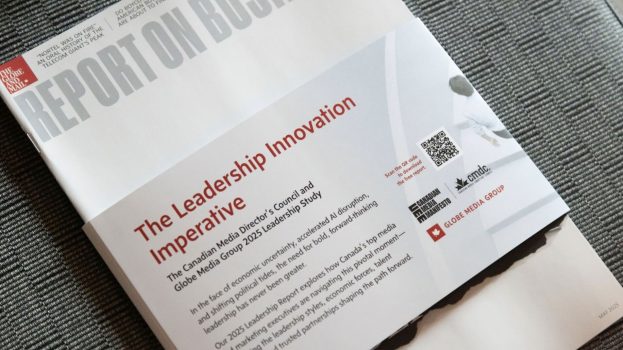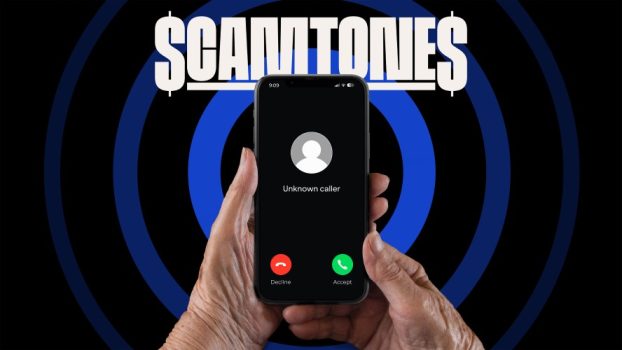In an attempt to convince Canadians that it’s still a contender, Apple Canada has launched a campaign that boasts of the power and ingenuity behind its products.
The spots four English and two French focus on the company’s technological advances with its newer products. Created by BBDO Toronto, the 15-second spots are simple and straightforward assertions of the innovativeness behind Apple’s offerings.
One spot, for example, claims the company’s new PowerBook 3400c is the fastest notebook in the world and ends with the confident line, ‘At least until we create the next one.’
Another spot, ‘Which is the Real Windows?’, shows two computers side by side one showing the Mac O/S operating system logo, one Windows while the voice-over says it isn’t terribly exciting to watch both programs run at the same time. Then one of the hard drives is pulled away to reveal that the programs are both running off of one computer the PowerMac 7300.
‘The overall strategy is to reposition Apple as an innovative leader in the category,’ says Alison Simpson, account director at BBDO Toronto. Simpson says the product-as-hero spots are a different tack for the computer company which, in the past, has been best known for more emotional advertising, such as last year’s warm-and-fuzzy spot ‘Sam’s Father’.
She says that the shift in strategy was at least partly due to the current perception that Apple isn’t the most robust of computer companies. In fact, much to its shareholders’ chagrin, it’s getting uncomfortably common for the Cupertino, Calif. company to post what can only be described as horrible financial results, time and again. For 1996, Apple reported a loss of a cool us$816 million in the fiscal year ended Sept. 27. And, despite the fact that the company has a transformation plan in place and continues to devise impressive products, it’s still losing money by the bucketful.
However, Apple is a strong brand and insiders insist that its users are a loyal bunch. In fact, research suggests that 87% of customers who own Macintosh choose Mac again when making a repeat purchase.
The question is: how much more bad news can these Apple aficionados take before they jump ship?
‘The deathwatch in the industry, the journalist’s love of the macabre this still presents a problem,’ says Albert Daoust, analyst with Evans Research in Toronto. But he says the strategy reflected in the newest spots makes sense because Apple d’es have a full roster of top-quality products. But customers and dealers have to be reminded that the company is still very much in the game.
He says that more than a year of bad news is an ‘awfully long time’, considering that, according to an industry rule-of-thumb, computer users trade in their equipment every three years or so.
That means Apple has to deliver the quality message quickly and preach to the converted because, every six months, about 15% of its existing customers are making a decision to buy, according to Daoust.
Daoust adds that this message has to be firmly in place before the Christmas season. But he also points out that loyalty is a largely ill-defined phenomenon. ‘I know lots of hard-core [Toronto Maple] Leafs fans but they haven’t won the (Stanley) Cup since 1967,’ he says.
‘The primary target is to reinforce the people already in the Apple franchise,’ says bbdo’s Simpson. She says new product offerings are good news from Apple and good news helps to combat the company’s negative press coverage.
The spots will run throughout the summer, with one more French and two more English spots added at the end of June. The French spot will focus on Apple software while the English spots will promote the company’s eMate a portable lightweight computer, small enought to fit into a knapsack, created for students as a cheaper alternative to a PowerBook.
The eMate, which works as a companion to desktops and should retail for under us$800, is not available in French Canada, according to Simpson. Although eMate is targeted to educators, the intention of the spot is to leverage the product as proof of Apple’s innovativeness, she says.
Analyst Daoust suggests that consumers expect more aggressive advertising and pricing in the coming year as the big players try to protect their large stake against new entrants in the high-growth portable market.























